Astronomy Calendar For 2019 \xF0\x9F\x94 🌠
Category: space – Page 970
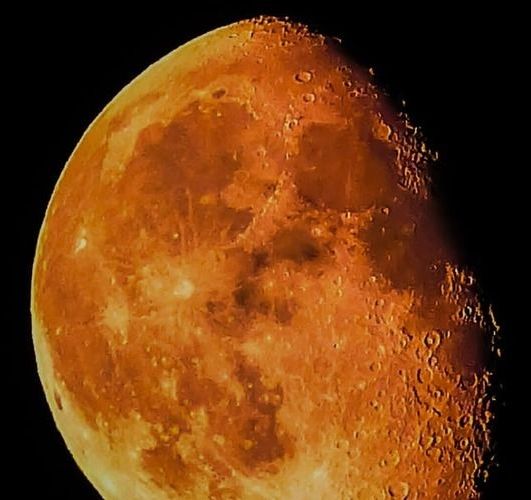
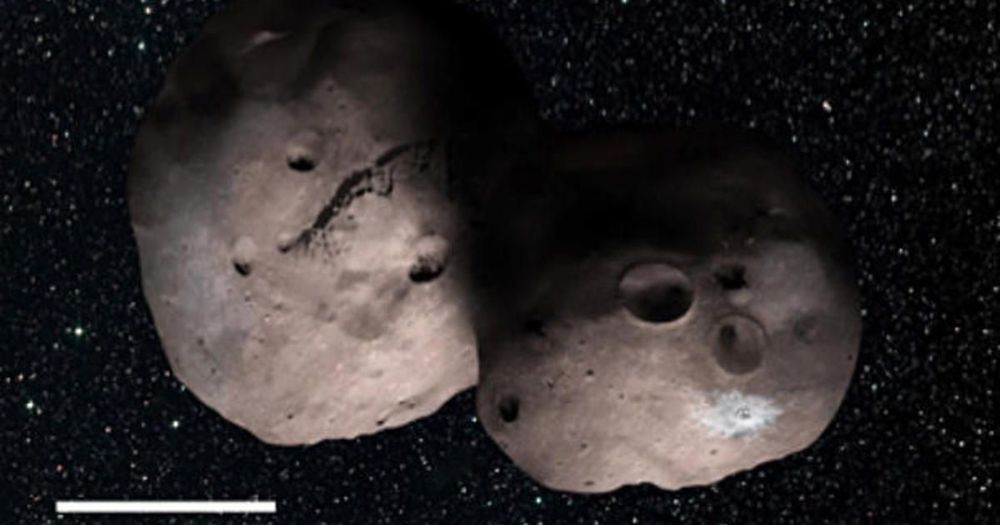
New Horizons NASA space probe closes in for historic New Year’s Day flyby of Ultima Thule in Kuiper Belt
NASA’s New Horizons probe is racing toward the most distant space object ever explored, 4.1 billion miles from Earth.
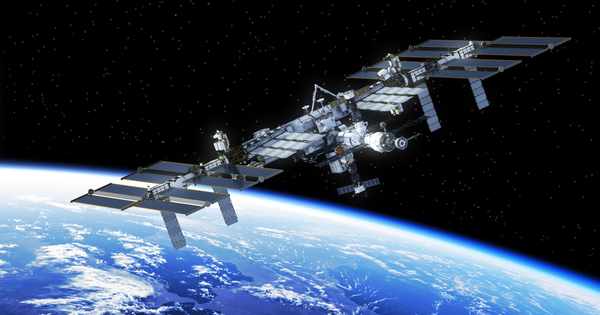
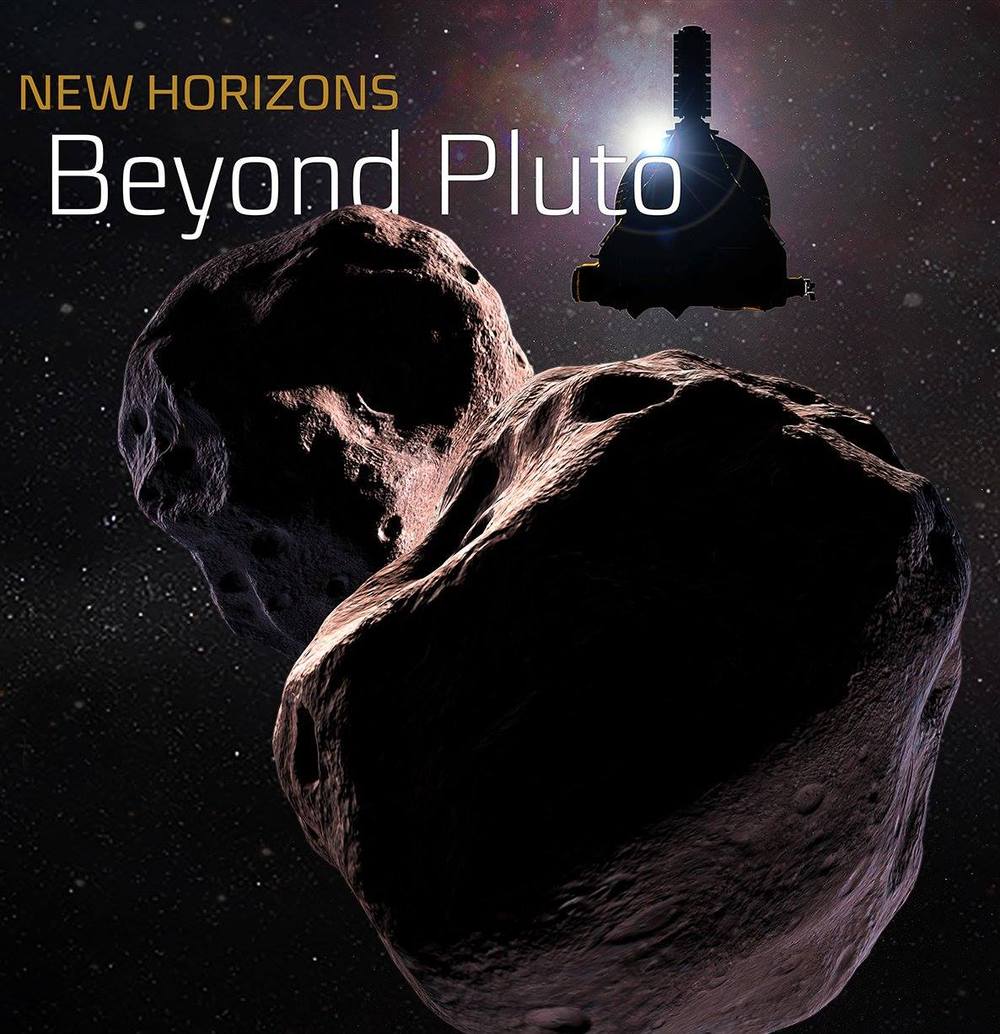
Our New Horizons spacecraft is making its final approach to #UltimaThule, an icy object located ~1 billion miles past Pluto!
Our New Horizons spacecraft is making its final approach to #UltimaThule, an icy object located ~1 billion miles past Pluto! Get the latest updates and find out where and when to watch the most distant planetary flyby ever this #NewYearsEve : http://pluto.jhuapl.edu/
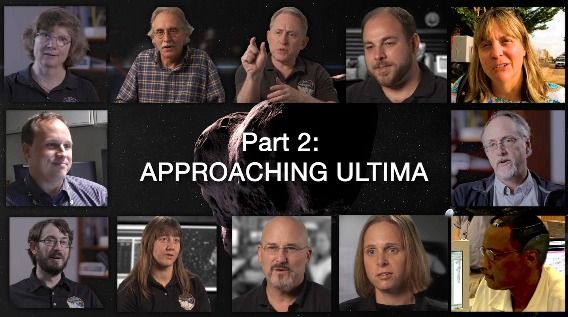
New Horizons: Beyond Pluto
#UltimaThule is an icy rock located ~1 billion miles past Pluto in the Kuiper Belt. On #NewYearsEve, our New Horizons spacecraft will fly within 2,220 miles of this object, providing the first close-up look at such a pristine building block of the solar system. Get the latest update:
How Can Galaxies Travel Faster Than Light?
Get Astronomy tweets here http://twitter.com/DeepAstronomy
Probably my biggest regret when I made the Hubble Deep Field in 3D video is saying the phrase “these galaxies are racing away from us, in some cases faster than light”.
I had originally thought I was being clever and the comment would spur discussion. instead there was no discussion, only name calling and I mightily regretted putting it in there.
Anyway, this video was a long time coming, I had been meaning to make this for some time to illustrate what I was talking about.
Music used:

“Farout!” Newfound Object Is the Farthest Solar System Body Ever Spotted
A newly discovered pink-colored object is the most-distant body ever observed in the solar system—and the first object ever found orbiting at more than 100 times the distance from Earth to the sun.
The pink-colored object is nearly four times more distant from the sun than Pluto, and hints at the possibility of an as-yet-undiscovered giant planet farther out.
- By Sarah Lewin, SPACE.com on December 18, 2018
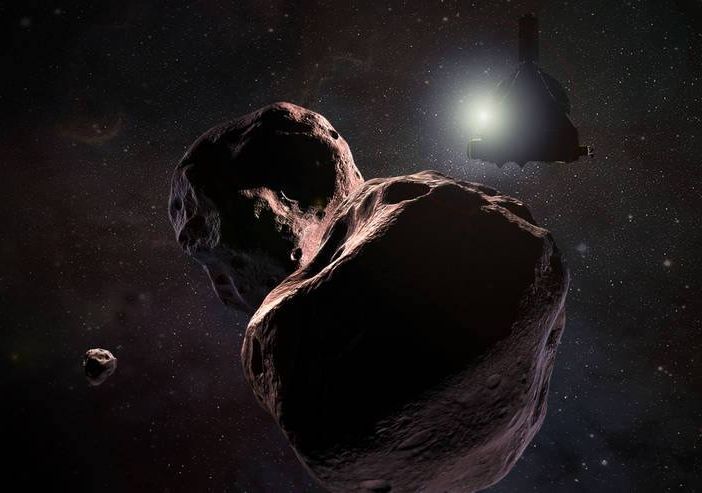
#UltimaThule is an icy rock located ~1 billion miles past Pluto in the Kuiper Belt
On #NewYearsEve, our New Horizons spacecraft will fly within 2,220 miles of this object, providing the first close-up look at such a pristine building block of the solar system. Get the latest update: http://pluto.jhuapl.edu/

Donald Trump has ordered the Pentagon to create the US Space Force
The Space Force would constitute the sixth branch of the US armed forces.
The news: During a meeting with the National Space Council today, President Donald Trump directed the Department of Defense and the Pentagon to begin work on the creation of the Space Force. He stated, “‘We are going to have the Air Force and we’re going to have the Space Force, separate but equal.”
Some background: This isn’t the first time Trump has brought up this idea. He has continued to express interest in the idea during visits to West Point and in speeches to military members.